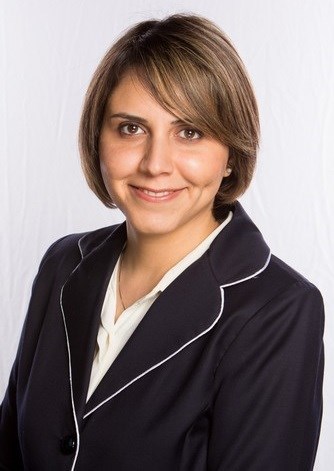Discovering and applying new and innovative economic development tools, models, policies, and programs
Creating Jobs and Wealth in Distressed Michigan Communities
2020: Fighting Hunger and Reducing Waste in Michigan by Addressing Strategic and Operational Challenges in Measuring Food Accessibility
Co-Learning Plan 2020
Author(s): Monireh Mahmoudi
Summary
The aim of this project is to eliminate food waste by making excess food accessible for people in need. A food donor (e.g., a farm, a retailer, or a catering) donates some food to a food bank. Then, the food bank will quickly decide to send the food to distribution agencies or to composting facilities. For this decision making, the food bank should consider various factors such as environmental (e.g., harsh weather conditions), physical (e.g., personnel and mobility resources), social (e.g., recipients’ food restrictions due to various cultural and religious backgrounds), and economic (e.g., monetary budgets). We develop an analytical framework that can provide an applicable guideline for food banks to decide about the final destination of the donated food (with respect to the availability of the resources, as well as quality, volume and type of donated food). This can result in a significant cost-saving and improve the accessibility of people in need to excess food.
Webinars
Author Information
 Dr. Monireh Mahmoudi, Assistant Professor of School of Packaging, is interested in using and developing operations research and management science techniques that can have significant global environmental benefits. Her current research focuses on the application and development of operations research methods in logistics and operations planning in recycling plastic packaging.
Dr. Monireh Mahmoudi, Assistant Professor of School of Packaging, is interested in using and developing operations research and management science techniques that can have significant global environmental benefits. Her current research focuses on the application and development of operations research methods in logistics and operations planning in recycling plastic packaging.
View the Report

